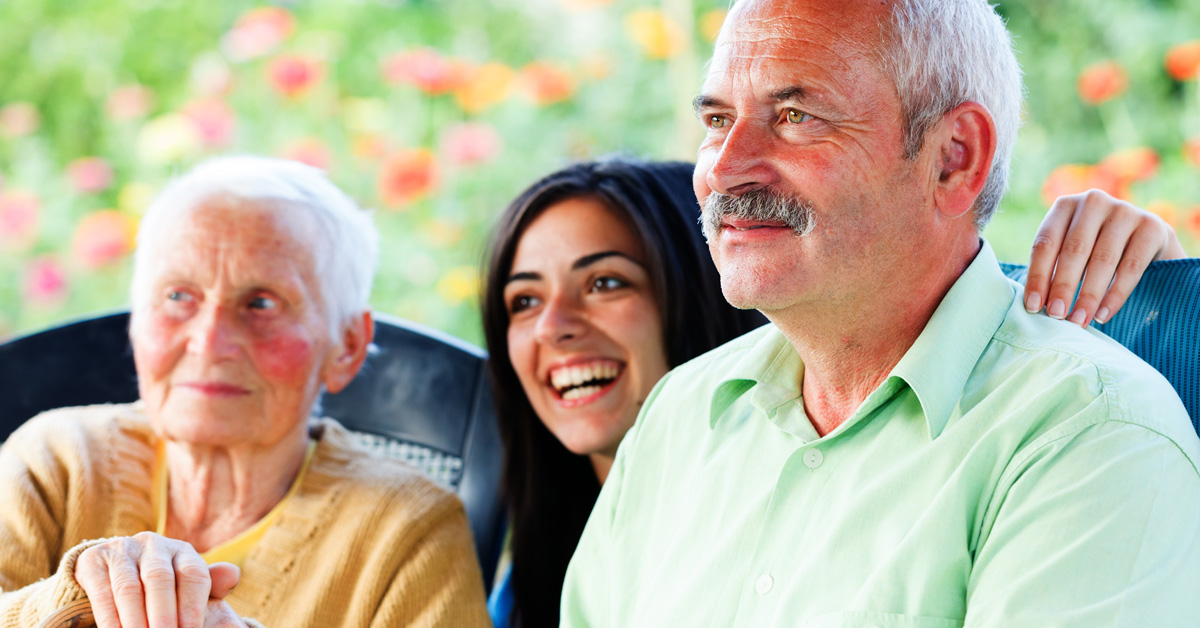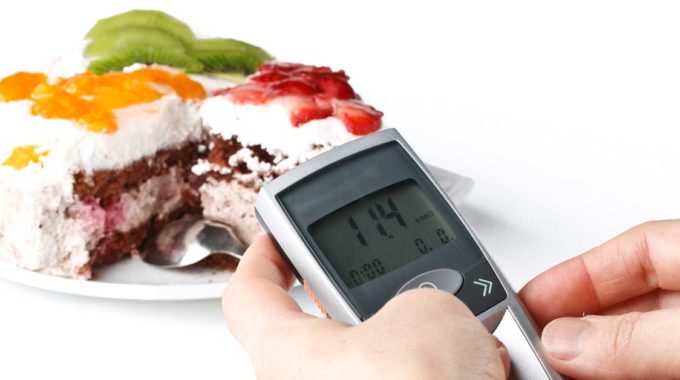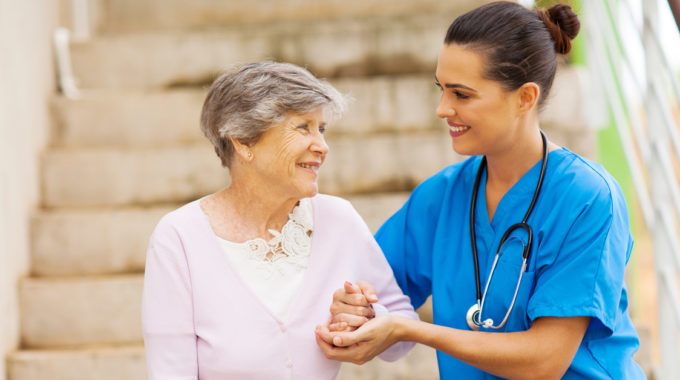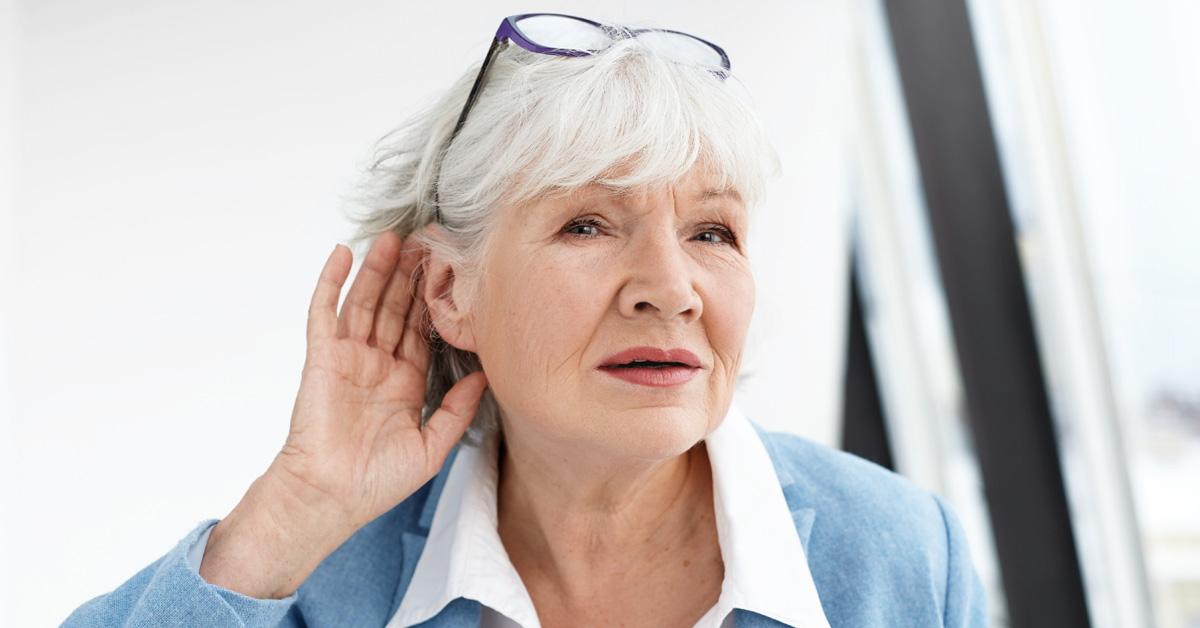
New Study Shows That When Family Caregivers Need More Training, Elderly End Up in the Emergency Department
In the U.S., nearly 18 million people provide assistance for a senior or elderly relative, much of which is unpaid work.1 These are family caregivers. They are 2/3 female and average 60 years of age.2 In some cases, the support provided revolves around homemaker and errand tasks such as getting groceries, mowing the lawn, and assisting with home cleaning – things we all learned to do while growing up. However, the need for this assistance commonly rises from progressive chronic diseases. Therefore, the caregiving requirements progress in their technical nature and in their personal burden. Before long, family caregivers are managing therapeutic diets needed to control chronic diseases, assisting with ambulation and transfers up and down from furniture, performing colostomy and ostomy care, delivering routine injections, managing multiple medications, managing catheters, and even performing wound care.3 The list goes on and on.
Caregiver training is a standard component of most home health plans of care. How important is the preparedness of a family caregiver? Julia Burgdorf, PhD (Johns Hopkins) and her research colleagues wanted to know. Using the extensive patient information reported from Medicare home health admissions, Burgdorf et al. analyzed the records of more than a thousand community-dwelling elderly and seniors receiving home health. Their results are published in the Journal of the American Geriatrics Society.4
Unmet Needs for Caregiver Training Double the Likelihood of Acute Care
On average, an unmet need for caregiver training doubles the likelihood of acute care. Acute care means a person ended up in an emergency department or urgent care. Researchers focused on the four domains of caregiver training most likely to have unmet needs. Each individual domain correlated with a risk of acute care that was doubled to tripled:
- Household chores – 311% greater risk
- Self-care tasks – 198% greater risk
- Medication management – 250% greater risk
- Patient supervision – 292% greater risk
Unmet Home Care Needs Increase Mortality Rates
The results coincide with a previous study showing a correlation between unmet home care needs and increased mortality. Joseph Gaugler, PhD, from the University of Minnesota, and colleagues tracked 5,831 patients with dementia. They checked in on these patients for 18 months. During that time, they interviewed the caregivers about needs for assistance with specific activities of daily living. Gaugler’s team asked about eating, bathing, toileting, etc. They found that people who needed more assistance with two or more ADLs have a 37% higher mortality rate.
Where to Get Caregiver Training
The growing understanding of the importance of support and training for family caregivers makes another statistic ring more loudly. Only 7.3% of family caregivers receive training for their caregiving tasks. There is no established source for this training. Programs that do exist tend to not give the hours or weeks of training that a home health aide would receive.
One good source is Medicare-certified home health. If there has been a recent health occurrence, Medicare will typically pay 100% for several nurse visits to reinforce caregiver training. Of course, for Medicare to pay, there must be a recent change in condition such as an accidental fall or out of control lab values. Absent that, there is little in the way of a universal answer. When Medicare reimbursement is not an option, families should seriously consider paying privately for home nursing and aide services for caregiver training and care planning plus assistance with the caregiving duties. For long-term, home care support, each state also has Medicaid programs that may pay up to 100% of the costs.
Reference:
- Wolff JL, Spillman BC, Freedman VA, Kasper JD. A national profile of family and unpaid caregivers who assist older adults with health care activities. JAMA Internal Medicine. 2016 Mar 1; 176 (3): 372-9.
- Wolff JL, Spillman BC, Freedman VA, Kasper JD. A national profile of family and unpaid caregivers who assist older adults with health care activities. JAMA Internal Medicine. 2016 Mar 1; 176 (3): 372-9.
- Wolff JL, Spillman BC, Freedman VA, Kasper JD. A national profile of family and unpaid caregivers who assist older adults with health care activities. JAMA Internal Medicine. 2016 Mar 1; 176 (3): 372-9.
- Burgdorf JG, Arbaje AI, Stuart EA, Wolff JL. Unmet family caregiver training needs associated with acute care utilization during home health care. Journal of the American Geriatrics Society. 2021 Jul;69(7):1887-95.






